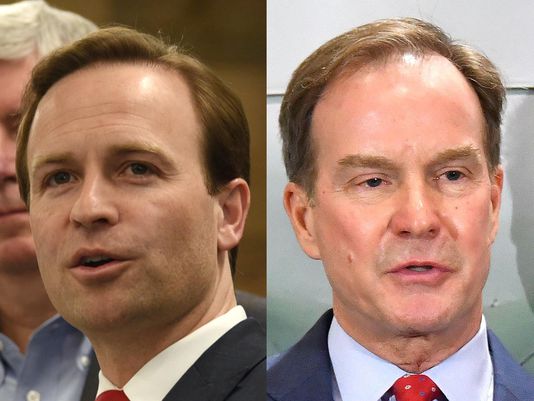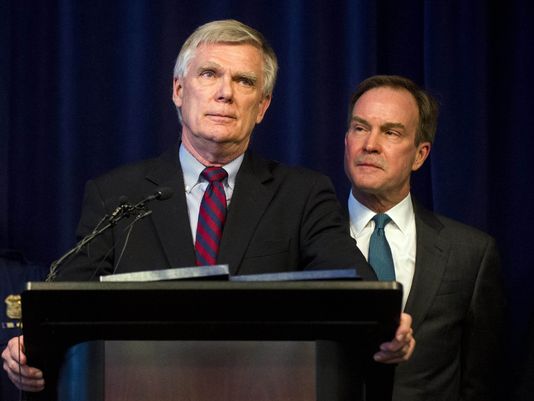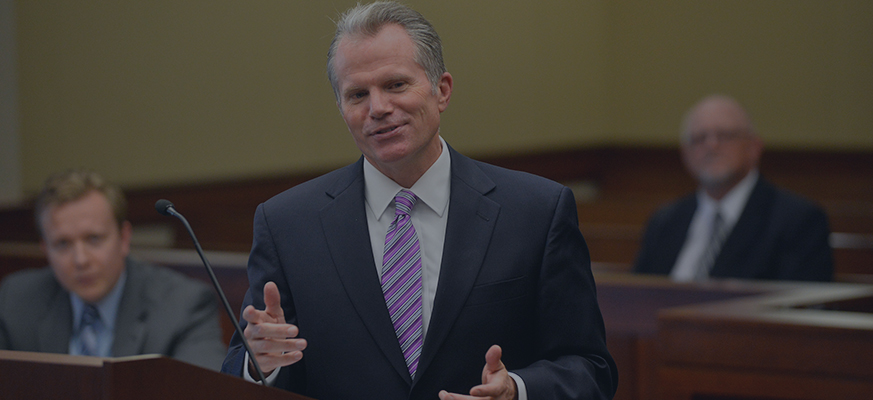
Justice or just politics? Calley, Schuette spar over Flint
May 9, 2018Statewide gambling expansions have become a popular discussion topic for regulated gambling advocates since Pennsylvania formally legalized online poker and Category 4 casinos last October.
Pennsylvania House Bill 271 will have a significant impact on the Keystone State marketplace once options for iLottery, online poker, internet gambling at airports, video gaming terminals (and perhaps sports betting) are rolled out later this year — and state officials have already generated over $125 million in new revenue from mini casino location/application rights alone.
The clear benefit of added revenue for governments and operators alike may leave some wondering why other states aren’t immediately following suit to quickly cash in on the opportunity that statewide gambling expansions create.
This article explains how voter referendum mandates are making such efforts difficult in a handful of states, and how the specter of future constitutional challenges may delay movements to regulate online poker in some U.S. regions going forward. It is also designed to inform our readers on why regulated iGaming server location clauses are vitally important to the eventual legalization of statewide online gambling in some areas of the country.
Michigan Online Gambling and Server Location Clauses
* This section should be considered as supplemental material to our February 2018 Michigan Regulated iGaming Study Guide. It is designed to inform our readers on existing gambling expansion restrictions in Michigan, and how lawmakers are currently seeking a solution to voter referendum requirements.
In September 2017, the Michigan Regulatory Reform Committee invited lobbyist interests from both sides of the statewide gambling expansions debate to a public hearing on House Bills 4926-4928, which would formally regulate online poker and casino games in Michigan.
During the public hearing, former Michigan Attorney General Mike Cox clarified how HB 4926 and accompanying legislation are in line with a 2004 voter mandate that restricts statewide gambling expansions to existing tribal and commercial casinos within the state.
Cox argues that language in House Bill 4926 — which calls for iGaming servers and related hardware to be physically located within these properties — complies with the Michigan State Constitution, and therefore bypasses voter referendum mandates that would otherwise require 75% approval to authorize any future expansion of gambling activities in the state.
WATCH: 3:04 to 6:49
In a subsequent video, Michigan Gaming Control Board Deputy Director David Murley testified that “a lot of these questions are new and we don’t know where courts will come down on them.”
Murley then refers to the 1996 MI Gaming Control and Revenue Act & 1997 Public Act 69, and advises lawmakers to carefully review iGaming server location clauses within proposed legislation to verify whether that would indeed allow Michigan to regulate online gambling without a three-quarters statewide voter mandate.
WATCH: 2:11 to 5:10
Louisiana Online Gambling Would Require Parish Approval
Separate proposed legislation in the Pelican State also addresses the issue of whether some states are constitutionally allowed to approve statewide gambling expansions.
Louisiana Senate Bill 322 (which has stalled in 2018) would require that Louisiana iGaming be approved on a parish-by-parish basis.
This means that Louisiana could potentially allow — or prohibit — online gambling in any number of its 64 parishes. This leads to a number of questions surrounding formal licensing of such activities along with geo-location restrictions that would theoretically be enforced from one parish (commonly referred to as a “county” in other states) to another.
Statewide Gambling Expansions – Summary
Several United States jurisdictions may have to prioritize finding solutions similar to those proposed in Michigan and Louisiana in order to authorize real money online gambling (including poker) in the future.
Each state’s constitution is distinctly different when addressing related topics, with some laws on the books having been passed in the 20th century before internet use was widespread.
Although these regulatory hurdles can be extremely frustrating for online poker advocates who desire to compete in licensed games across the U.S., state officials must abide by constitutional requirements if they wish to pass certain gambling initiatives or expansions.
To learn more about proposed iGaming legislation and statewide gambling expansions in the United States, we invite our readers to consult the following Part Time Poker articles.
U.S. Online Poker Shared Liquidity Market – Player Feedback (Apr 19, 2018)
New York Assemblyman Clyde Vanel Seeks Player Feedback for Online Poker Legislation (Apr 10, 2018)
New York Online Poker Bill FAQs (S3898/A5250) (Apr 10, 2018)
Original Article: http://www.parttimepoker.com/statewide-gambling-expansions-voter-referendums




